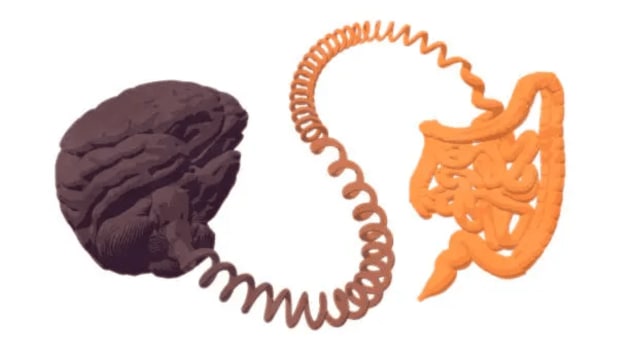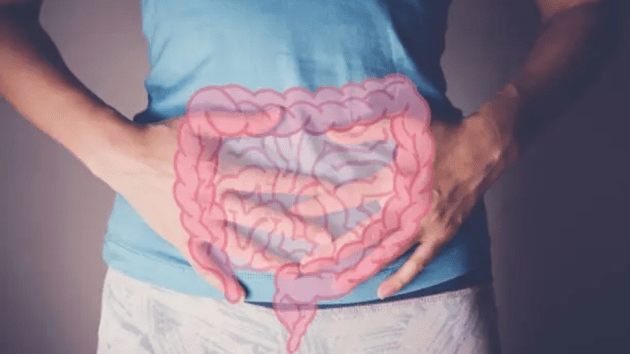The hidden link between gut bacteria and depression
This is the hidden link between gut bacteria and depression.
October 22, 2025 11:46 IST 1 / 8
1 / 8Your gut is home to trillions of microbes, and emerging science shows they don’t just affect digestion. They also play a surprising role in your mood and mental health. Here’s how gut bacteria may influence depression, and what you can do about it. (Source: Photo by Unsplash, reference from health central)
 2 / 8
2 / 8Dysbiosis and Depression: An imbalance in gut bacteria (called dysbiosis) has been observed in people with depression, e.g., fewer beneficial bacteria and more inflammatory microbes. (Source: Photo by Unsplash, reference from health central)
 3 / 8
3 / 8Dysbiosis and Depression Link: An imbalance in gut bacteria (called dysbiosis) has been observed in people with depression, e.g., fewer beneficial bacteria and more inflammatory microbes. (Source: Photo by Unsplash, reference from health central)
 4 / 8
4 / 8What is the Gut Brain Axis? There’s a two way communication network between your gut and brain, called the Gut Brain Axis. It uses neural, immune and hormonal pathways to pass signals both ways. (Source: Photo by Unsplash, reference from health central)
 5 / 8
5 / 8Inflammation, the common thread: When harmful microbes overgrow, they may increase intestinal permeability (“leaky gut”), trigger immune responses and inflammation, and chronic inflammation is a key contributor to depression. (Source: Photo by Unsplash, reference from health central)
 6 / 8
6 / 8How Lifestyle impacts the Mood: Factors like poor diet (low fibre, high processed food), lack of sleep, stress and antibiotics can alter gut bacteria, which in turn may affect mood and mental health. (Source: Photo by Unsplash, reference from health central)
 7 / 8
7 / 8Signs your Gut-Mood Connection Might be Off: Look out for longer-term digestive issues, sluggish mood, brain fog, unusual cravings or sleep issues, these could hint that your gut brain connection needs attention. (Source: Photo by Unsplash, reference from health central)
 8 / 8
8 / 8Can Changing Gut Bacteria Improve Mood? Early research suggests that using prebiotics, probiotics or changing diet may help improve mood and reduce depressive symptoms, though more large-scale studies are needed. (Source: Photo by Unsplash, reference from health central)











